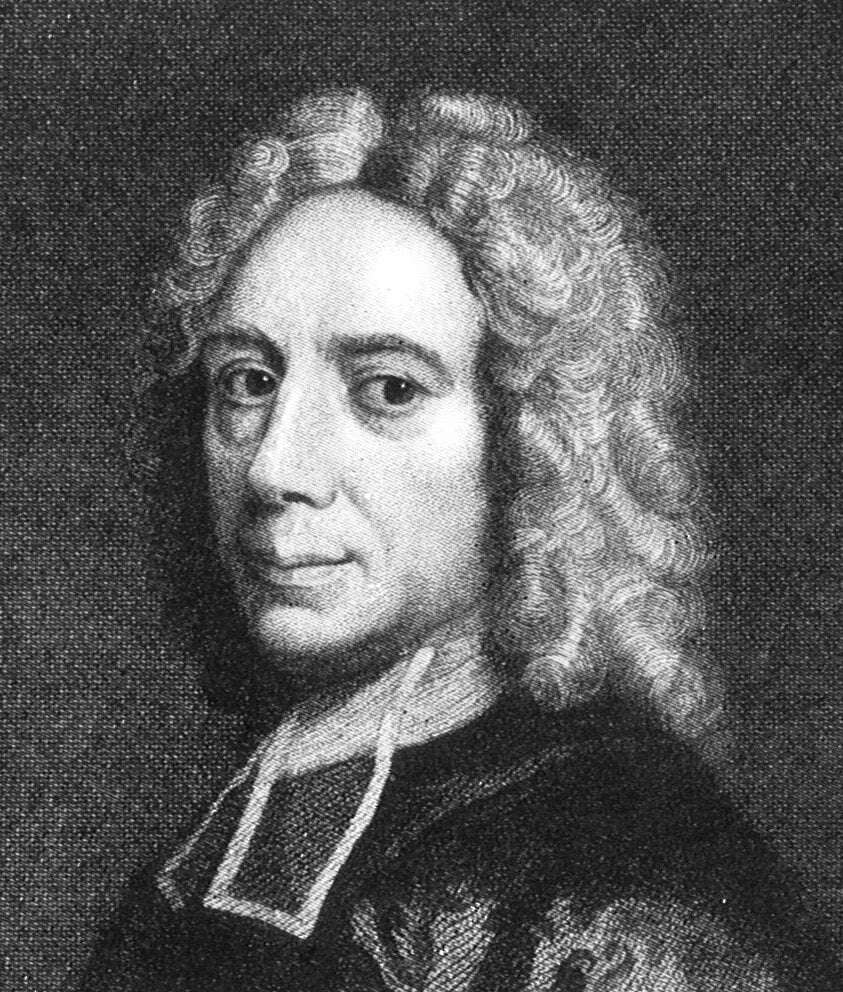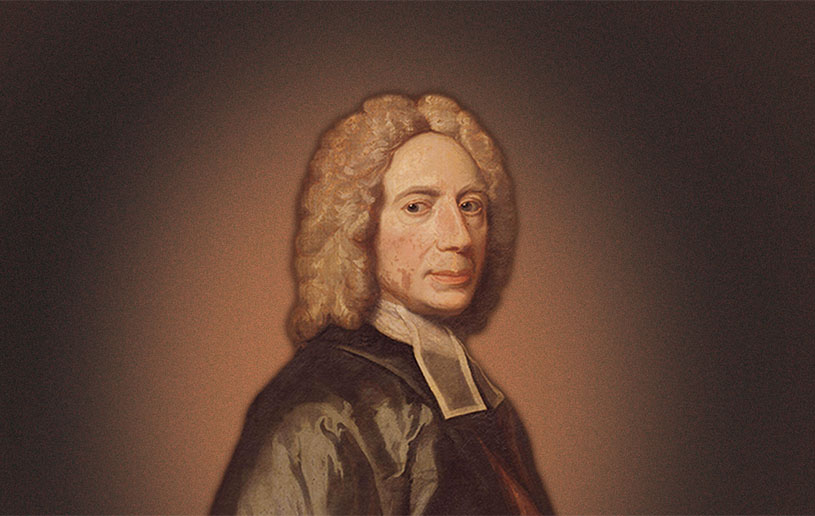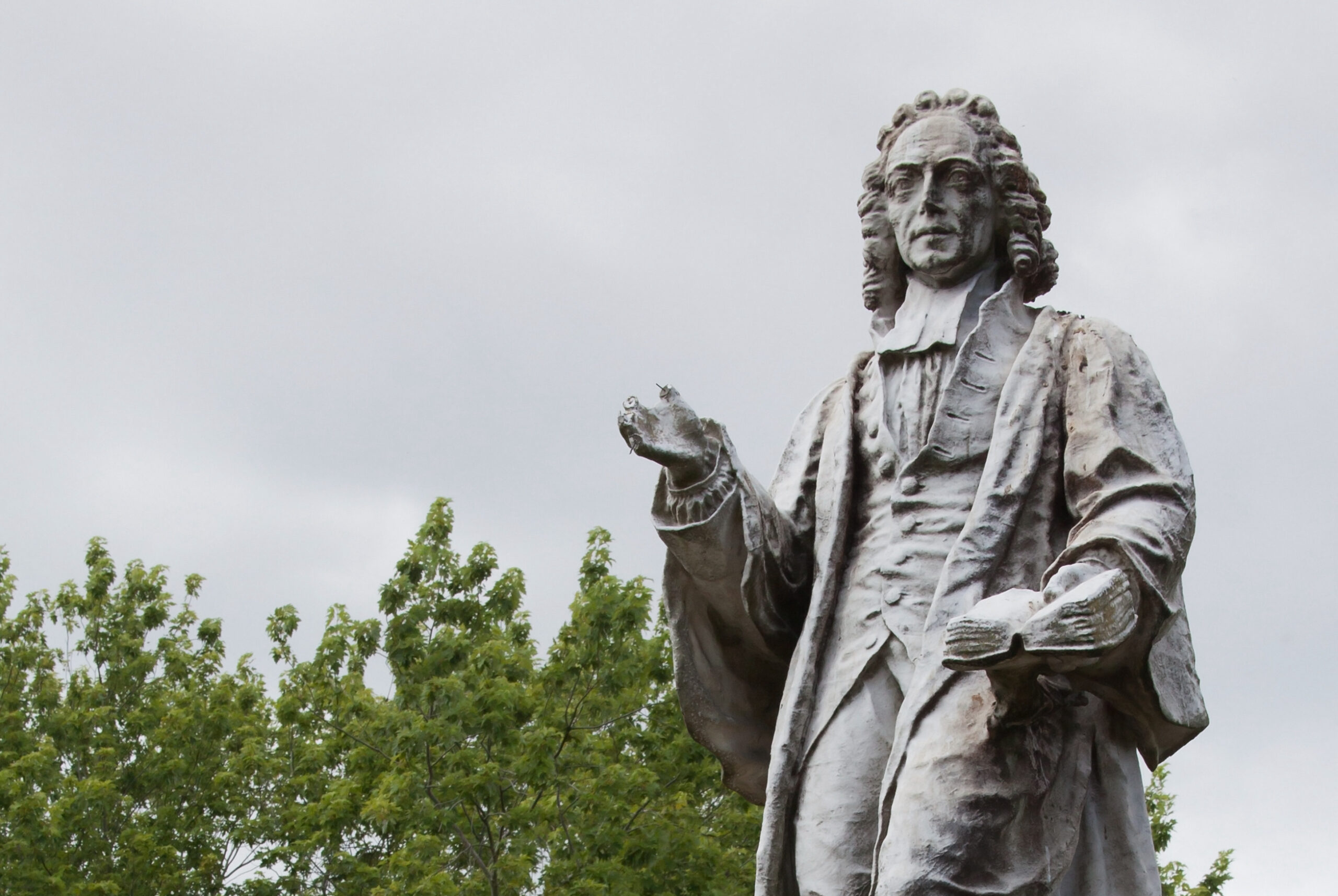The Story of Isaac Watts
 Isaac Watts is often referred to as the “Father of English Hymnody.” Born on July 17, 1674, in Southampton, England, he became one of the most influential figures in the development of English Christian worship. He wrote around 750 hymns, many of which are still sung today. Watts grew up in a time when most English churches sang only metrical psalms. Unsatisfied with the rigid style and lack of emotion in traditional psalm singing, he began composing hymns that were both doctrinally rich and deeply expressive of personal faith in Christ.
Isaac Watts is often referred to as the “Father of English Hymnody.” Born on July 17, 1674, in Southampton, England, he became one of the most influential figures in the development of English Christian worship. He wrote around 750 hymns, many of which are still sung today. Watts grew up in a time when most English churches sang only metrical psalms. Unsatisfied with the rigid style and lack of emotion in traditional psalm singing, he began composing hymns that were both doctrinally rich and deeply expressive of personal faith in Christ.
From a young age, Watts displayed a remarkable gift for language. He studied Latin, Greek, Hebrew, and French, and began writing poetry early in life. His father, a Nonconformist minister, was twice imprisoned for his faith, and Isaac was raised in an atmosphere of strong spiritual conviction and intellectual discipline. He was educated at the Dissenting Academy in Stoke Newington, as he was barred from attending Oxford or Cambridge due to his Nonconformist beliefs.
His first hymn collection, “Hymns and Spiritual Songs,” was published in 1707 and included some of his most well-known works, such as “When I Survey the Wondrous Cross,” “Alas! and Did My Savior Bleed,” and “There Is a Land of Pure Delight.” In 1719, he published “The Psalms of David Imitated in the Language of the New Testament,” in which he paraphrased the Psalms in light of the gospel. One of the most famous hymns from this collection is “Joy to the World,” based loosely on Psalm 98, yet infused with Christian meaning celebrating Christ's reign.
Watts was also a theologian, logician, and educator. He authored books on logic, philosophy, and theology, and his works were widely used in universities in both England and America. His influence extended far beyond the pulpit or the page; his hymns brought doctrinal truth into the hearts and mouths of everyday believers. He believed that singing should be an act of both understanding and devotion, aiming to stir both the mind and the heart toward God.
Despite suffering from poor health throughout much of his life, Isaac Watts remained a faithful and productive servant of Christ. He spent the final decades of his life in the home of Sir Thomas Abney, where he continued to write and minister until his death on November 25, 1748. His hymns have been translated into many languages and remain a foundational part of English-speaking worship to this day.
Watts’s legacy is a reminder that doctrinal truth and poetic beauty can work together in service to God. His hymns continue to guide, convict, and encourage the church, lifting our hearts in worship and deepening our understanding of the gospel. His life reminds us that faithful service in our gifts can echo far beyond our time on earth, bringing glory to Christ for generations.






No comments yet. Be the first to share your thoughts!